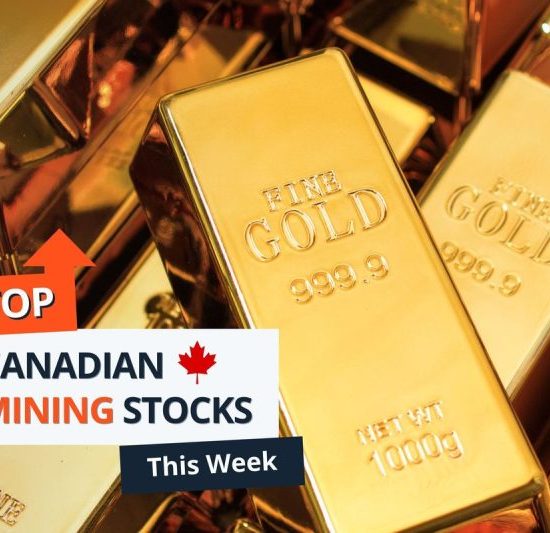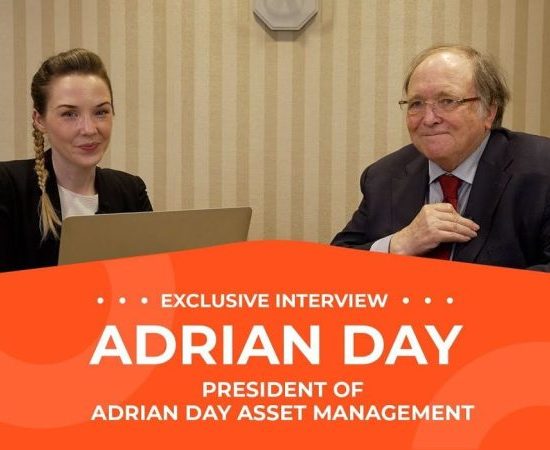Beginning with the Basics – Understanding Phosphate
Phosphate is a valuable mineral resource that plays a crucial role in the agricultural industry. It is essentially required for the production of fertilizers, making it indispensable for food production. As the global population rises, so does the demand for food and subsequently, the demand for phosphate. The sheer potential that lies in investing in phosphate makes it a worthy avenue to delve into for investors.
Determining the Right Time to Invest
Timing plays a crucial role when investing in any commodity. Analysis of demand and production rates plays a key part in establishing the ideal time to invest. Understanding the global market trends for phosphate, including consumption patterns in the agriculture sector, can provide valuable insights. Projections indicate a rise in demand, especially in developing countries, where the agricultural sector is experiencing rapid growth. This uptick presents an opportune time to consider investing in phosphate.
Understanding the Risks
Like any other investment, investing in phosphate comes with risks. Comprehending these risks will help investors make informed decisions. Some potential challenges could be regulatory changes, fluctuations in global demand due to changes in farming practices or dietary shifts, and environmental concerns. Furthermore, the fact that phosphate is non-renewable means its supply is limited, which could cause future scarcities.
Choosing How to Invest
Investing in phosphate can be achieved through various means:
1. Phosphate Stocks: There are several publicly-traded companies that mine phosphate. By investing in these companies, you become a shareholder and participate in the company’s growth and profitability. Key players in the industry include The Mosaic Company, Nutrien Ltd., and Maaden.
2. Exchange-Traded Funds (ETFs): ETFs act as a pool of different investments, including a variety of commodity stocks. They are low-cost, follow a passive investment strategy, and offer diversification. A suitable ETF for phosphate investing might include ones that majorly focus on agriculture or fertilizer companies.
3. Direct Investment in Mining Operations: This requires substantial capital and is suitable for large-scale investors. Direct investment also necessitates comprehensive knowledge about the mining industry and regulatory compliance.
Staying Informed
Keeping up-to-date with industry trends and global market scenarios is pivotal to succeeding as a phosphate investor. There are several resources that investors can leverage for up-to-date and accurate information. Various government and international agricultural reports, publications, and websites offer comprehensive insights. Furthermore, news about companies involved in the phosphate industry can be beneficial for making informed investment decisions.
Building a Diverse Portfolio
As an investor, it’s prudent to diversify your portfolio to spread out risk. Therefore, while investing in phosphate can be profitable, it should form only a part – and not all – of your investment portfolio. It’s recommended to complement it with other stable and high return investments.
Adhering to Sustainable Practices
Lastly, sustainability is increasingly becoming a deciding factor for investors. Companies that follow environmentally friendly mining practices, meet ethical standards, and uphold corporate social responsibility commitments are more likely to attract investors’ interest. Thus, when planning to invest in phosphate, considering the sustainability practices of the investment targets can significantly add value to your portfolio.
In conclusion, though extremely lucrative, phosphate investments require a comprehensive understanding of the commodity’s demand dynamics, industry trends, and associated risks. The advisable approach to investing in phosphate involves diversifying one’s portfolio, staying informed about developments, and aligning with sustainable practices.




